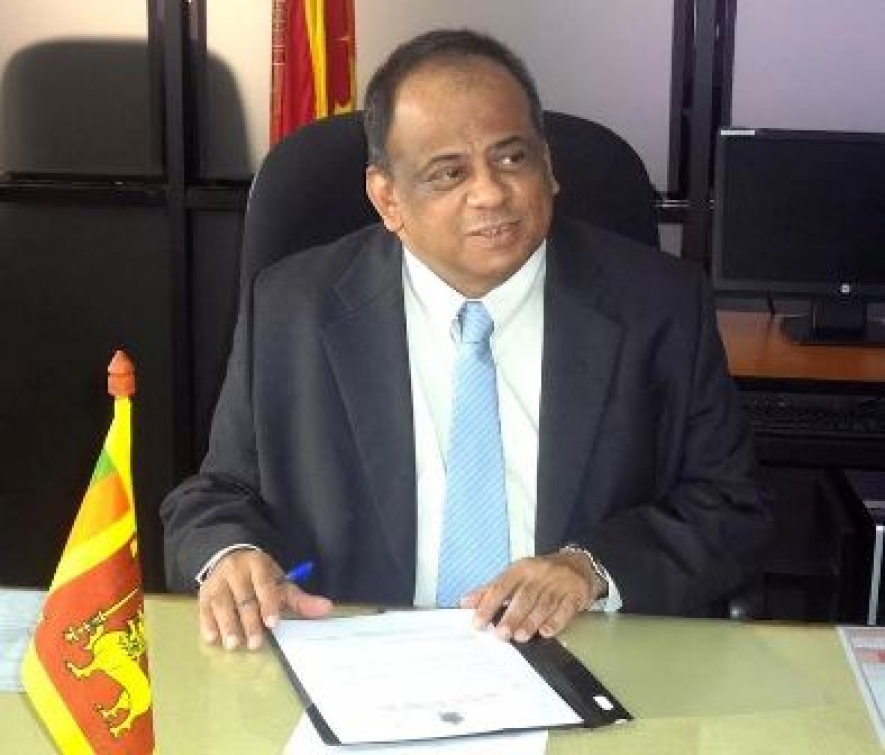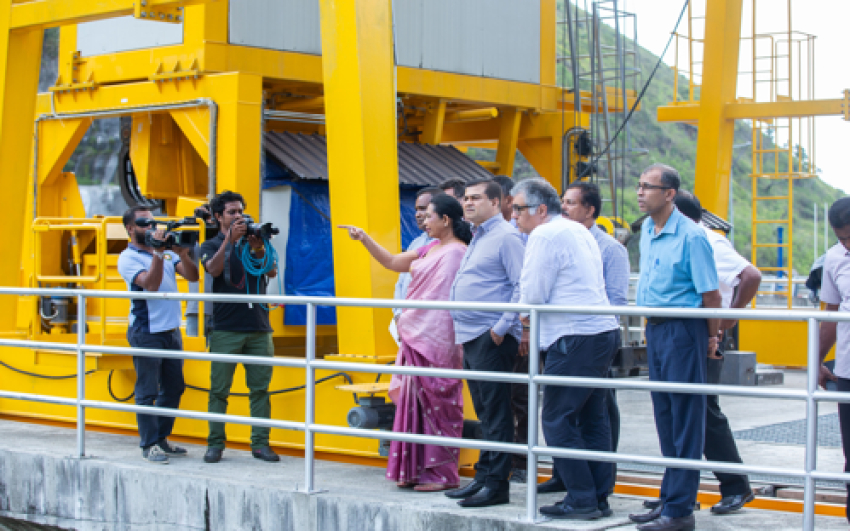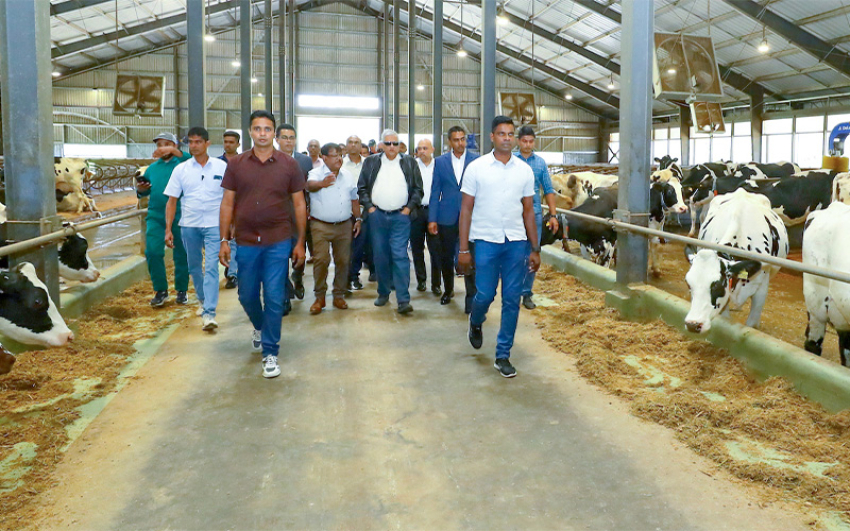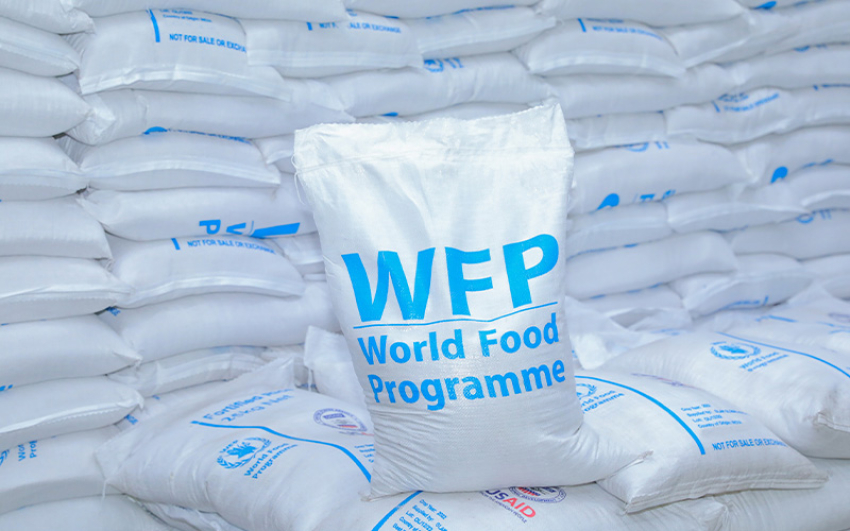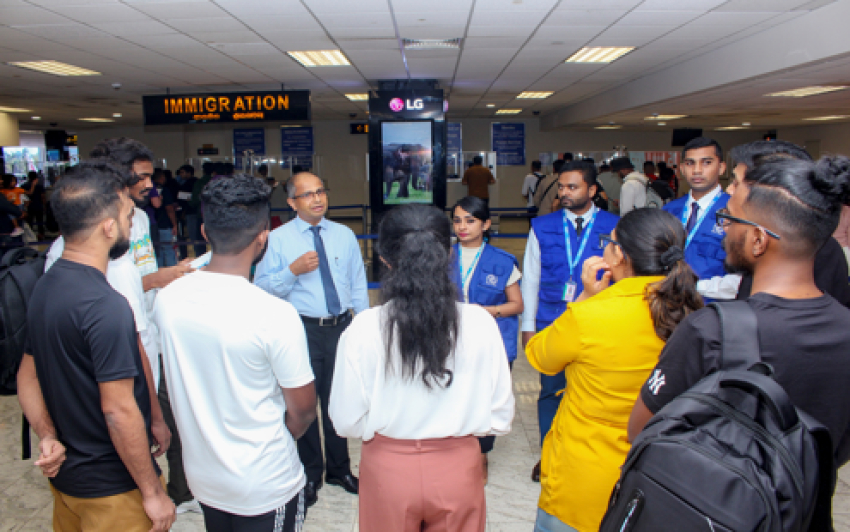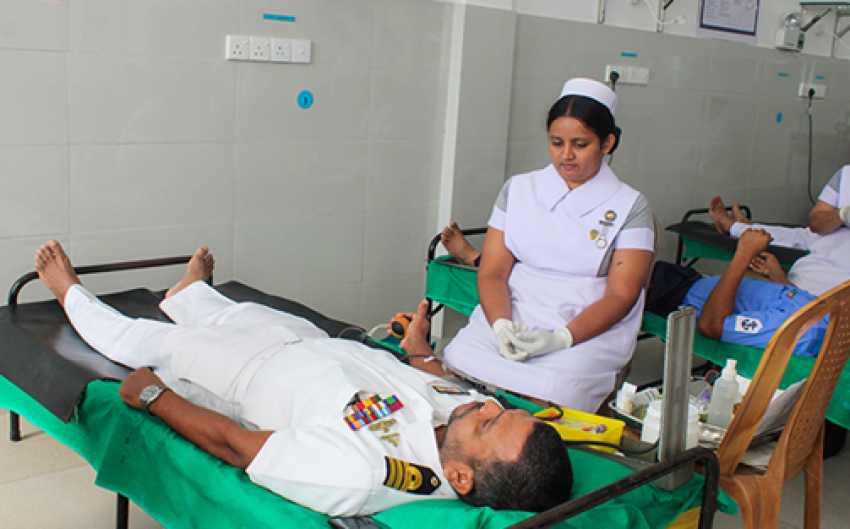The objective of this Task Force is to submit proposals including amendments to existing laws and procedures to reduce the overcrowding of prisons with a view to transforming prisons into rehabilitation centers or correction centers. The Task Force is co-chaired by the Secretaries of the Ministry of Prison Reforms, Rehabilitation, Resettlement, and Hindu Religious Affairs and the Ministry of Justice.
The Task Force comprises of representatives from Judicial Service Commission, the Attorney General Department, Department of Government Analyst, Department of Community Based Correction, the Department of Legal Draftsmen, the Department of Police, Department of Prisons, and Legal Aid Commission, representatives of Judges Training Institute and Ministry of Law and Order. The Task Force will be facilitated by the ICRC and provide technical and logistic support on international best practices of the prison system and to formulate strategies for prison reforms.
The Task Force will analyze the causes of overcrowding and recommend the implementation of measures to ease the congestion in the prisons island-wide. This will also oversee the prisons reform initiative through which prisons are shifted from commercial areas to interior areas to reduce overcrowding. The Task Force is also mandated to ensure that Sri Lanka complies with the Standard Minimum Rules of Treatment of Prisoners (Mandela's Rule) and other national and international standards while assisting criminal justice system to reach its ultimate goal of reformation of offenders in order to safeguard the society against crime said, V. Sivagnanasothy, Secretary, Ministry of Prison Reforms, Rehabilitation, Resettlement and Hindu Religious Affairs.
More than 50% prisoners in Sri Lanka have ended-up behind the bars for drug abuse and numbers of them are repeated offenders. Department of Prison's statistics indicates that there are over eighteen thousand inmates across all prisons. Of which 8100 are convicted offenders and 8500 are remand prisoners. Given the fact the bulk of the prisoners come from the poor uneducated families, they need to be trained before reintegration into the society. Hence, vocational training is important to ensure employment with marketable skills while counseling, spiritual education and psycho-socio orientation are vital to reduce repeated offenders. An unemployed ex-offender is likely to be repeat offenders as compared to one who have acquired marketable skills.
The Task Force also looks into the aspects such as improving health services, safe drinking water and sanitation, promoting of international humanitarian laws, improving the family visits, and improving the infrastructure facilities.

